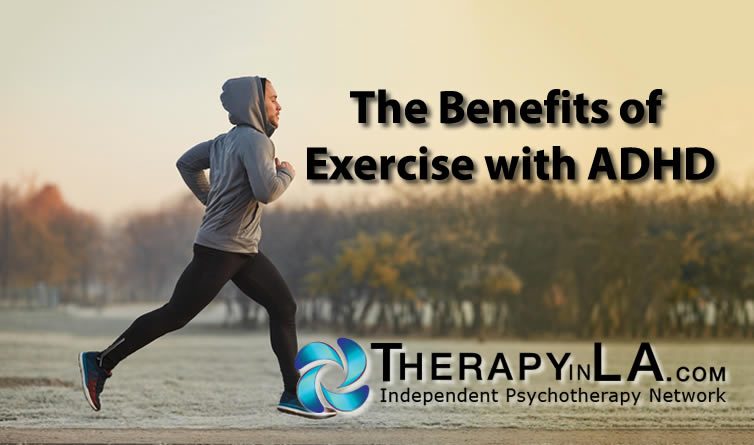The Benefits of Exercise with ADHD
The Benefits of Exercise with ADHD
A renowned ADHD expert, John Ratey, MD, shared a recent clinical story of a young man’s successful efforts to deal with Attention Deficit-Hyperactivity Disorder – all without medications. His strategy: intensive aerobic exercise on a regular basis (https://www.additudemag.com/the-adhd-exercise-solution/).
An early diagnosis by third grade prompted a medication regimen under Dr. Ratey’s care, that eventually involved three different medications: a stimulant (Adderall), an anti-depressant (Paxil), and an anti-anxiety drug (Klonipin). In a very academic private school, he was able to barely get by (a 1.8 GPA), which only qualified him for a local community college. On his own initiative that summer between high school and college, he stopped his meds without guidance (not a recommended course of action), and by coincidence began a running regimen while on vacation.
He found the running helped him focus, to the extent that his natural talents began to shine through: a 3.9 GPA in his first semester in college, and being able to then transfer to the college of his choice for his sophomore year. If he had any doubts about the benefits of running, he found that if he slips off his rigorous exercise routine, his concentration also slips – noticeably.
Running gave him a sense of control over his performance in school, relieved him of the discouragement and depression from performing poorly for so many years, and also reduced his levels of anxiety. In a very general sense, such exercise increases levels of basic brain chemicals (neurotransmitters dopamine and norepinephrine). This actually encourages the brain to grow new receptors in some key areas.
The more specific details of the neurology and brain functioning are beyond the scope of this blog, but can be found at the above link. For anyone curious about how the brain works, it’s fascinating reading. In sum, more complex exercise activates many parts of the brain at once so that there are benefits in balance, timing, sequencing, planning, correcting errors and adjusting, self-control, and of course, concentration/focus. So, an active, consistent, and rigorous exercise regimen is a crucial part of any effort to help with ADHD, even with a helpful medication plan.
Alan M. Solomon, Ph.D. is a clinical psychologist in private practice in Torrance, CA. A member of the Independent Psychotherapy Network, he can be reached at 310 539-1772 or dralanms@gmail.com
Copyright 2019 by Alan M. Solomon, Ph.D.

